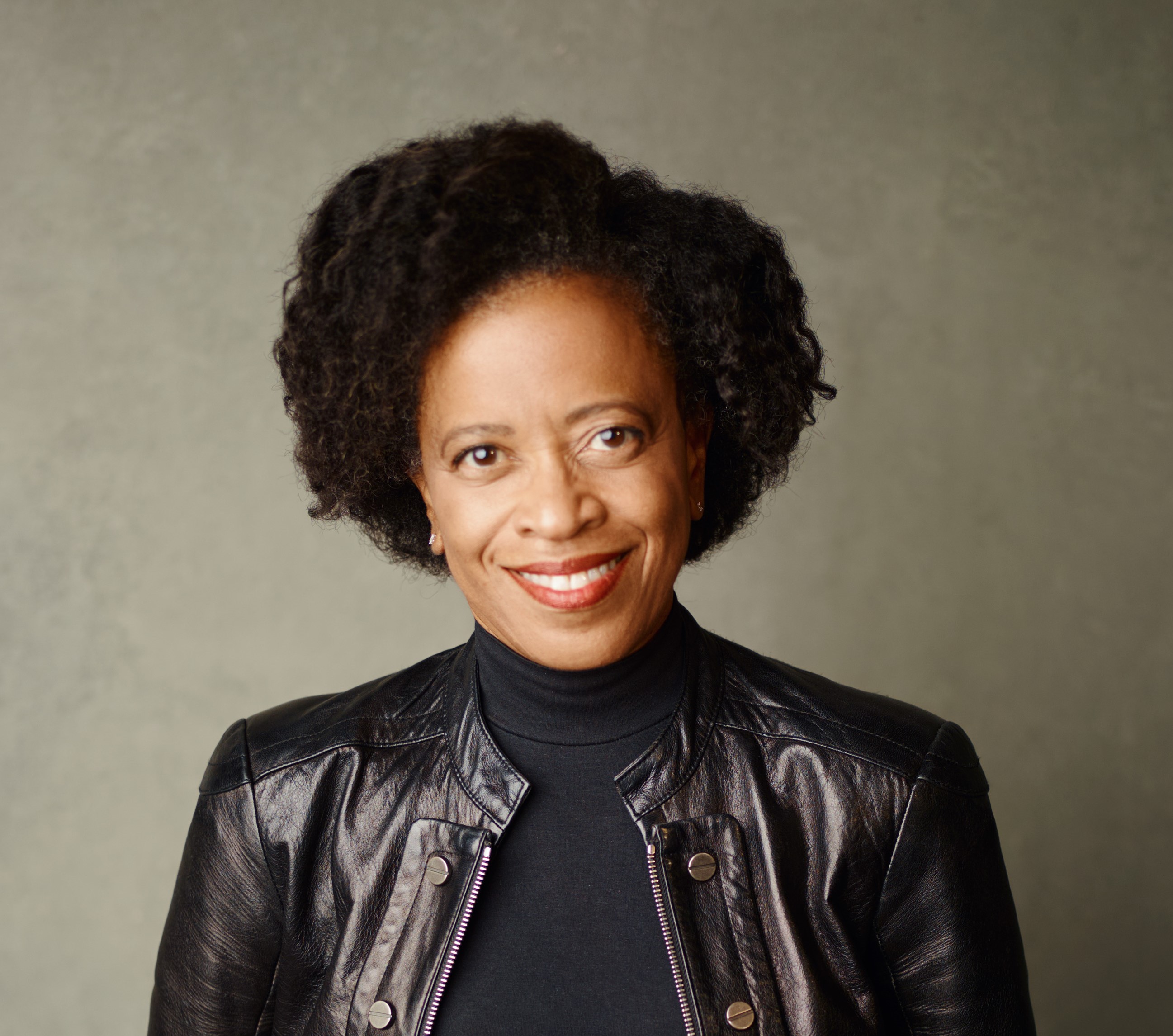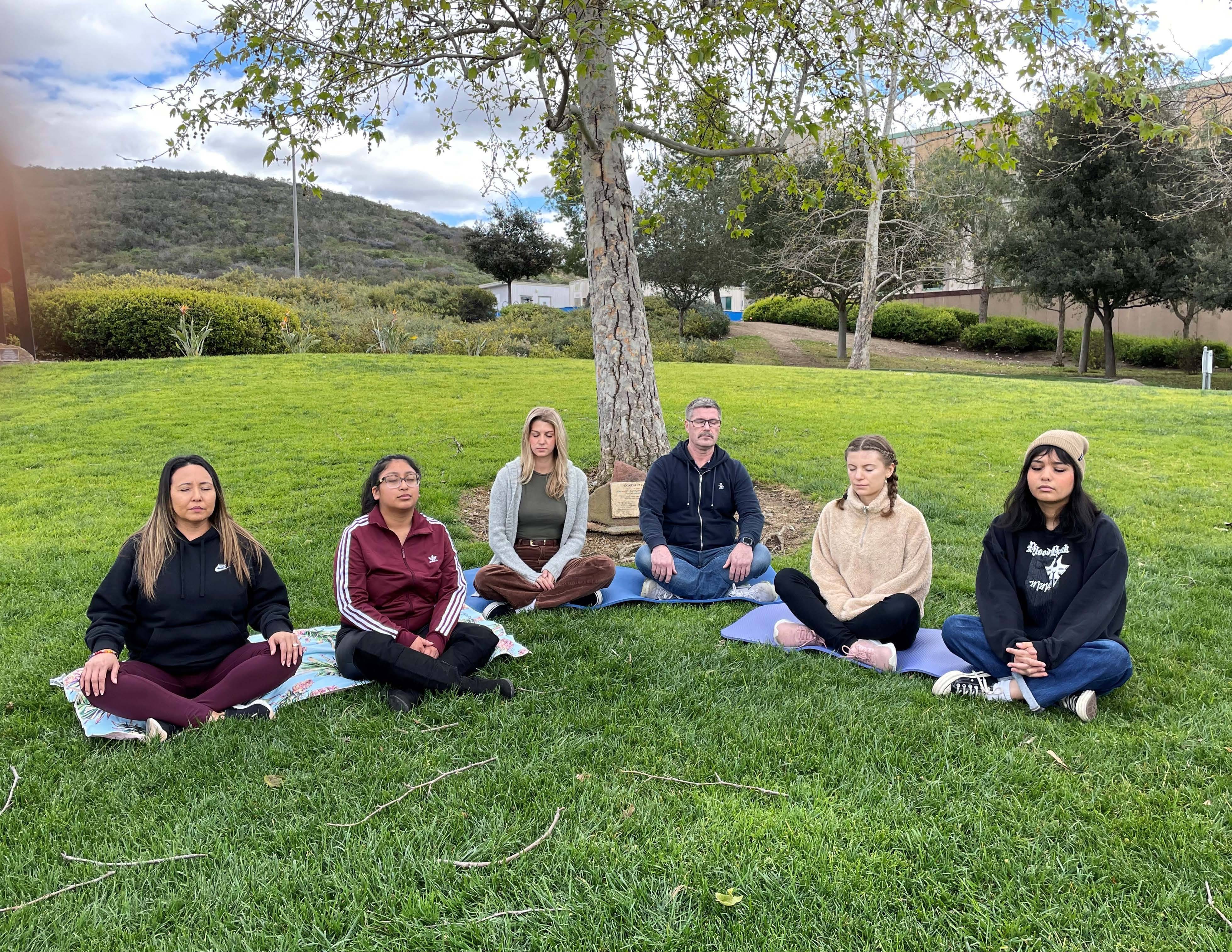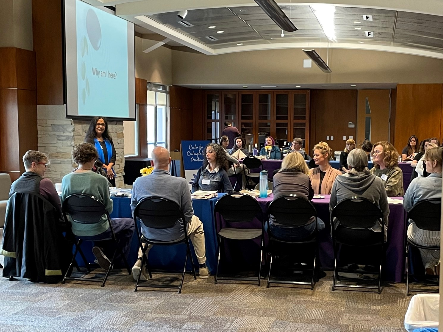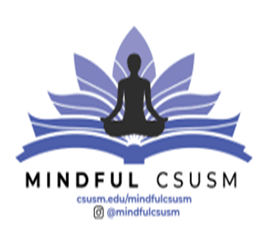 myCSUSM
myCSUSMTransforming Higher Education Through Contemplative Practices
June 21 - 23, 2024
Three-day Conference in San Marcos, California
We invite you to join us for a three-day international conference on how contemplative practices can transform higher education. The unprecedented events of the last several years have made it evident that we need to prepare ourselves and our students to be resilient in the face of constant uncertainty, to be compassionate and collaborative in our efforts to find solutions to local and global problems, and how to acknowledge each other’s humanity and treat each other with respect and dignity. In other words, we need to transform higher education. Research has demonstrated that contemplative practices can expand our capacity for compassion, focus and resilience.
This conference will provide a forum for experts and novices from all fields to explore, learn and share contemplative practices that can help transform the educational experience of our students and improve the wellbeing of our faculty, staff and students. Come join us for a conversation about how we can use contemplative practices to transform higher education. Our long-term goal is to create a global contemplative community of educators-scholars- practitioners that can nourish and sustain our teaching, research, service, and personal practice.
We are excited to announce our keynote speaker Rhonda Magee!!!
In her words: “Contemplative education is key to developing socially just classrooms capable of delivering transformative education that works for all”.

Our keynote speaker Rhonda Magee, M.A., J.D., is a professor of law at the University of San Francisco. Also trained in sociology and mindfulness-based stress reduction, she is a highly practiced and world renowned facilitator of trauma-informed, restorative MBSR interventions for lawyers and law students, and for minimizing the effects of social-identity-based bias. Rhonda Magee is author and teacher of The Inner Work of Racial Justice: Healing Ourselves and Transforming Our Communities Through Mindfulness (September 2019, published by Penguin RandomHouse).
- A Conference to Bring Us All Together
We wish to welcome you all to this conference wherever you might be on your journey to learn more about mindfulness. Transforming higher education is not going to be easy. We need all who are willing and interested in learning and sharing to be part of this effort.
IF YOU ARE
An EDUCATOR and want to learn and/or share how to incorporate contemplative practices into your classroom;
A RESEARCHER and want to learn and/or share research findings about the impact of mindfulness on the wellbeing and academic success of our campus communities;
A MEMBER OF A CAMPUS COMMUNITY and want to learn and/or share how contemplative practices can transform the educational experiences of students;
A STUDENT and want to learn and/or share more about how contemplative practices can transform higher education;
AN ARTIST, SOCIAL WORKER, HEALTH PROFESSIONAL or in any other field that our students might be entering into and want to learn and/or share how mindfulness practices can be integrated into such careers;
............THEN THIS CONFERENCE IS FOR YOU.
- What Can I Expect at this Conference?
YOU CAN EXPECT
A warm, welcoming and supportive environment;
Formal and informal sessions on all aspects of scholarship and practice around how contemplative approaches can and have transformed teaching and higher education and the improved well-being of our entire campus community;
The opportunity to connect with others over meals, informal sharing and practice sessions and performances;
Continued access to shared resources and opportunities for collaboration when you leave the conference;
It is OUR VISION that you will leave our conference feeling well-nourished and rejuvenated, equipped to start or to continue your work with contemplative practices within a supportive community.
- Learn More About Our Story
We launched the Center for Contemplative Practices in July 2022. Since then we were honored to host Dr. Thupten Jinpa as our arts and lectures speaker in fall 2023. We have also applied for and received grants to improve the wellbeing and academic success of our students. More information about our research projects.
We are now ready to move to the next step where we look forward to expanding our community to include all of you as we work together to create a more just and compassionate world for our students and campus communities.
- Our Purpose
Center for Contemplative Practices Mindful CSUSM is to provide support to all members of the campus community through contemplative practices, pedagogy, and research that foster deep learning, reduced stress, increased capacity for compassionate listening, and increased well-being.
“If they can learn to hate, they can be taught to love.” - Nelson Mandela

Connect with Us
Contact Information
Center for Contemplative Practices
333 S. Twin Oaks Valley Rd.
San Marcos, CA 92096
P: 760.750.0000
mindfulcsusm@csusm.edu














